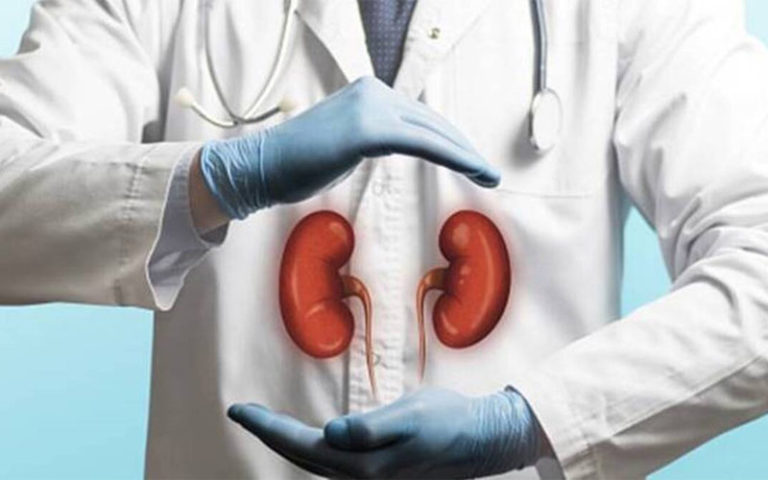EMERGENCY CONDITIONS

- Pain relief
- Medical or conservative management in smaller stones (in the absence of progressive kidney damage.)
- Surgical options like endourological LASER treatment of the stones ( mostly minimally invasive approach
( DAYCARE SURGERY MOSTLY )
Urinary retention can be an emergency condition requiring immediate medical attention.
The inability to pass urine despite a full bladder and an urge to pass urine is called urinary retention.
Urinary retention is a medical emergency and will cause gradually progressing severe pain as the bladder continues to stretch and fill with urine. It can damage the bladder and kidneys and also can result in kidney failure some times if not relieved immediately.
Acute Urinary retention must be treated immediately to alleviate symptoms and prevent kidney and bladder damage. There is a long list of factors that may cause urinary retention. Some of these include:
- Blockage may be caused by
- bladder or kidney stones
- Enlarged prostate ( BPH )
- Urethral stricture – when the urethra narrows
- Medications
- Neurological diseases due to Stroke or head trauma/ Injury.
EMERGENCY / IMMEDIATE CARE
Such patients need immediate relief of obstruction in the form of urinary bladder catheterization.
Definite Treatment
- Removal of the bladder stones.
- TURP surgery for the enlarged prostate (BPH)
- Dilation of the urethra (in urethral stricture)
- Treatment of the neurologic diseases
Testicular torsion is an acutely painful, very serious medical emergency condition in which the blood supply to the testis gets twisted and the blood flow to the testicle is blocked. It is a medical emergency and if it is not treated immediately within six hours—the testicle may be lost.
Hence this condition can affect the fertility potential of the patient.
Torsion is a rare but, very serious condition which needs immediate evaluation, and intervention.
this condition is uncommon and affects only about 1 in 4,000.
Torsion is most common in adolescent males under the age of 25. Those between 12 and 18 years old account for more than 60 percent. Infants and the elderly can also be affected sometimes.
A testicular torsion is usually a spontaneous event.
- There is usually no particular cause that precedes testicular torsion.
- But sometimes there seems to be an associated injury
- Another postulated cause of testicular torsion is a birth condition called “bell clapper” deformity. Normally in most males, a testicle would not be able to twist because of its firm attachment to the scrotum. But in “bell clapper” deformity, testes are hanging freely in the scrotum and can rotate like a bell clapper, hence causing twisting.
Opening Hours
Mon, Thu, Sat
2 PM to 10 PM
Tue, Wed
7 AM to 2 PM
Fri
10 AM to 6 PM
